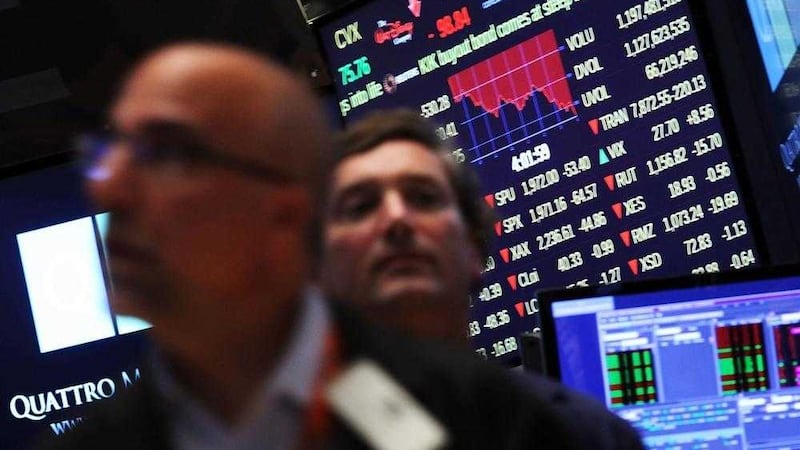JUST when many thought that global government bond yields couldn’t fall any further, the Leave vote from the UK electorate sent them tumbling another leg lower. The days seem long gone when government budgets were constrained by bond market vigilantes.
According to the Barclays Global Government Bond Index, roughly 40 per cent of the world’s government bond market currently offers investors a negative nominal yield. Investors are effectively paying certain lucky governments to lend them money.
More astonishing still is that the measly 1.4 per cent nominal yield offered by 10-year US government paper is actually juicier than around 85 per cent of the government bond market.
The yield on 30-year US government paper beats 97 per cent of the rest of the government space. These statistics alone suggest that the bond market is woefully unprepared for the return of any inflation once the market fallout from Brexit subsides. After all, would any rational investor want to invest in a 1.4 per cent yielding 10-year Treasury bond if inflation is expected to surpass that over the coming quarters?
For investors who take a more balanced view of the prospects for inflation over the coming quarters and want positive real returns, the questions then become how much credit risk to take and where.
We have long suspected that underlying inflationary pressures in many parts of the western world are less terminally absent than commonly believed. The plight of the commodity complex has served to muddy the waters; however, coming quarters should afford us a clearer view, with commodity price declines of previous periods starting to drift out of the inflation data.
In the US, labour markets continue to heal, with wages starting to pick up visibly. Already, real wages are growing at pre-crisis trends amidst tightening labour markets and weak inflationary pressures. Nominal wage growth will likely follow suit once transitory commodity effects wash out from the inflation data. This is spurring greater demand for credit, a missing ingredient for much of the crisis era.
The worry for us is that while the world obsesses over the models destroyed by negative interest rates and the prospects for ‘helicopter money’, the central bankers may actually get what they’ve been so desperately trying to generate – some inflation.
Recessions tend to be freak statistical outliers rather than frequent events in the long thread of history. The economy is far more likely to grow than not. The burden of proof should rest overwhelmingly with those expecting a recession – something lacking from the still unbalanced debate around markets and economies.
While Brexit may very well dent UK GDP growth in the short term, we do not think this fundamentally alters our expectation that the global economy will continue to grow above stall speed.
:: Jonathan Dobbin is head of wealth and investment management NI at Barclays. He can be contacted on 028 9088 2925 or email jonathan.dobbin@barclays.com.








